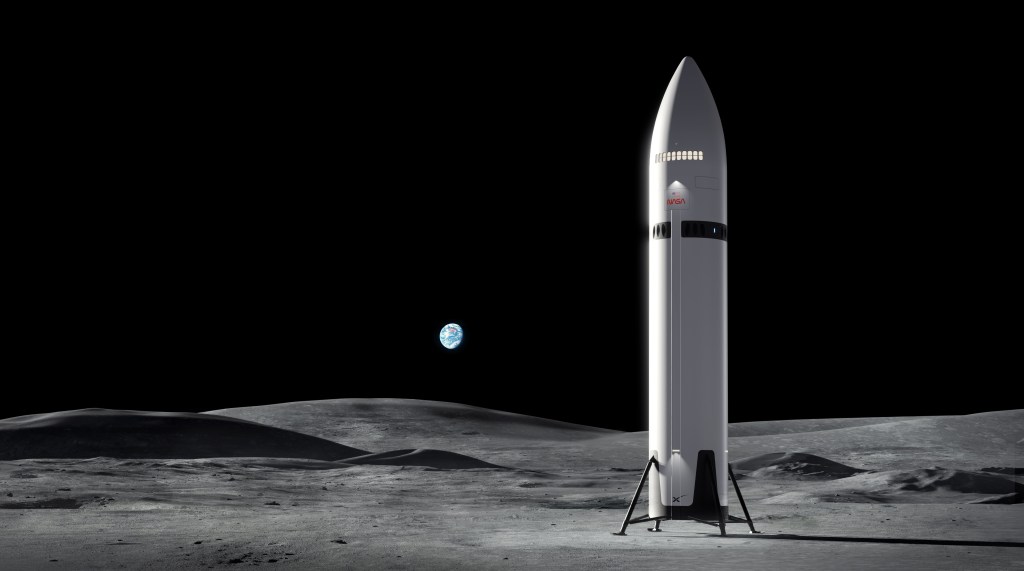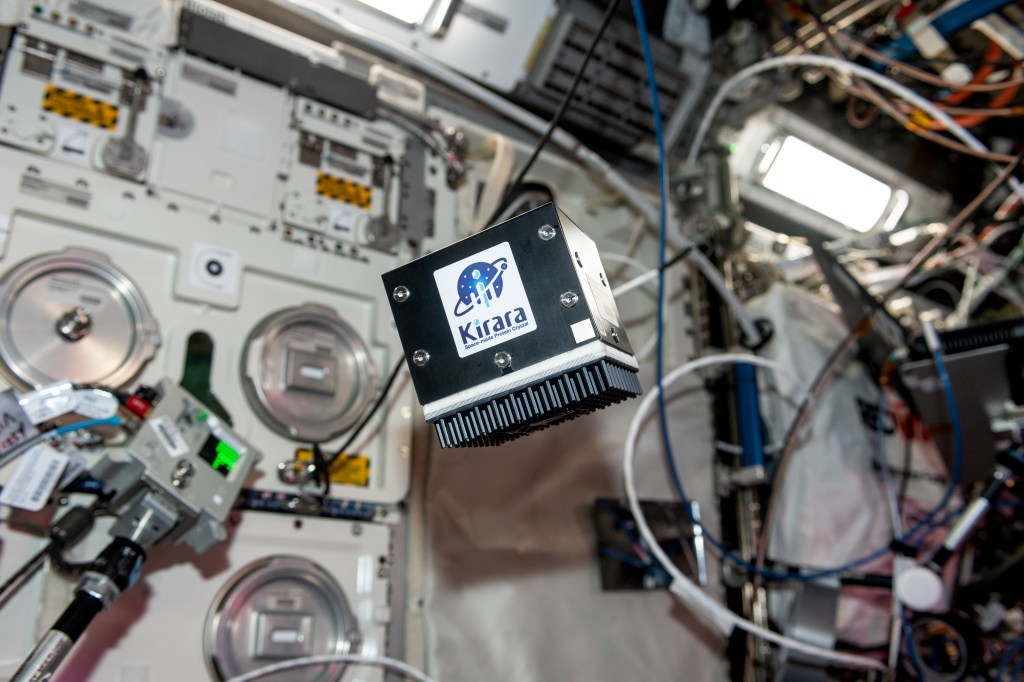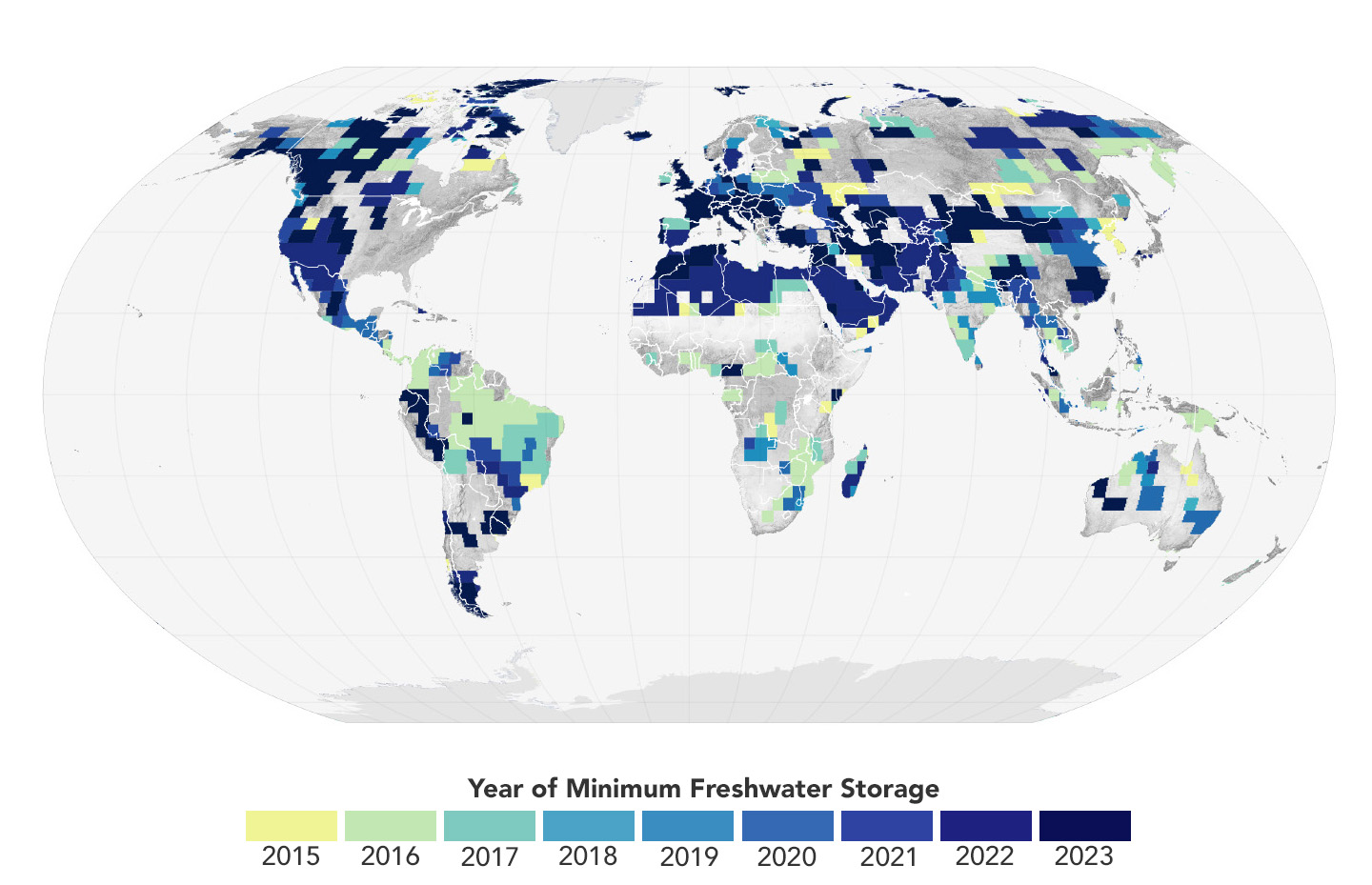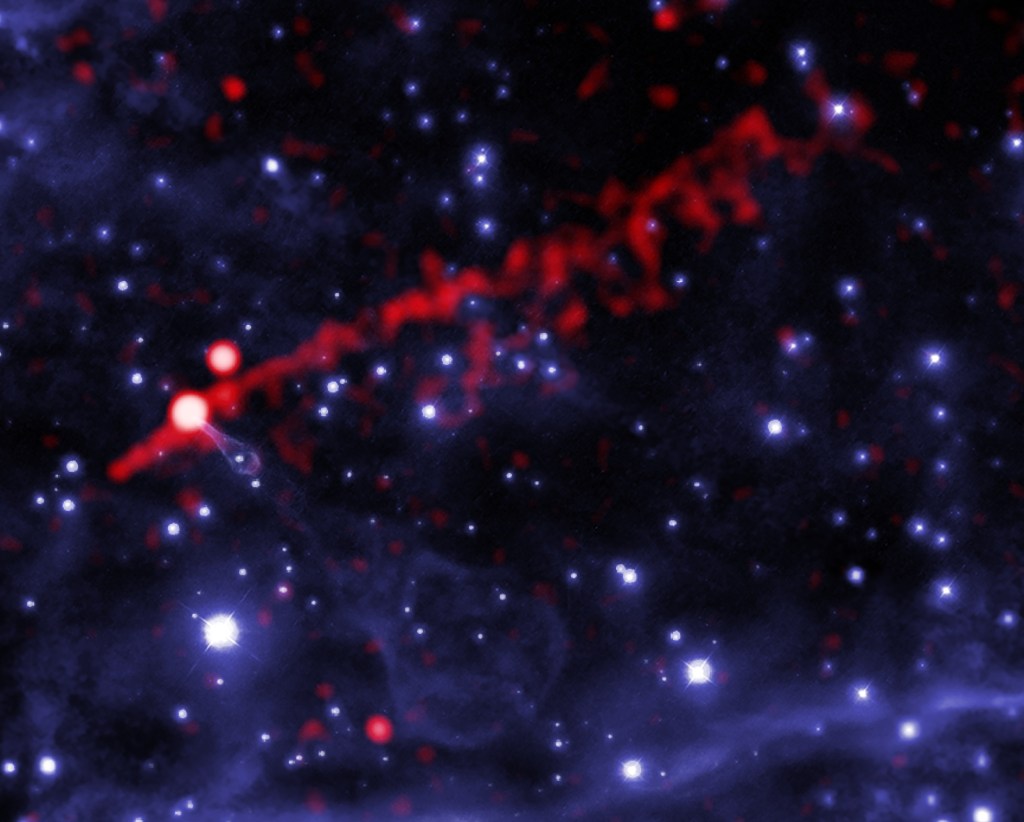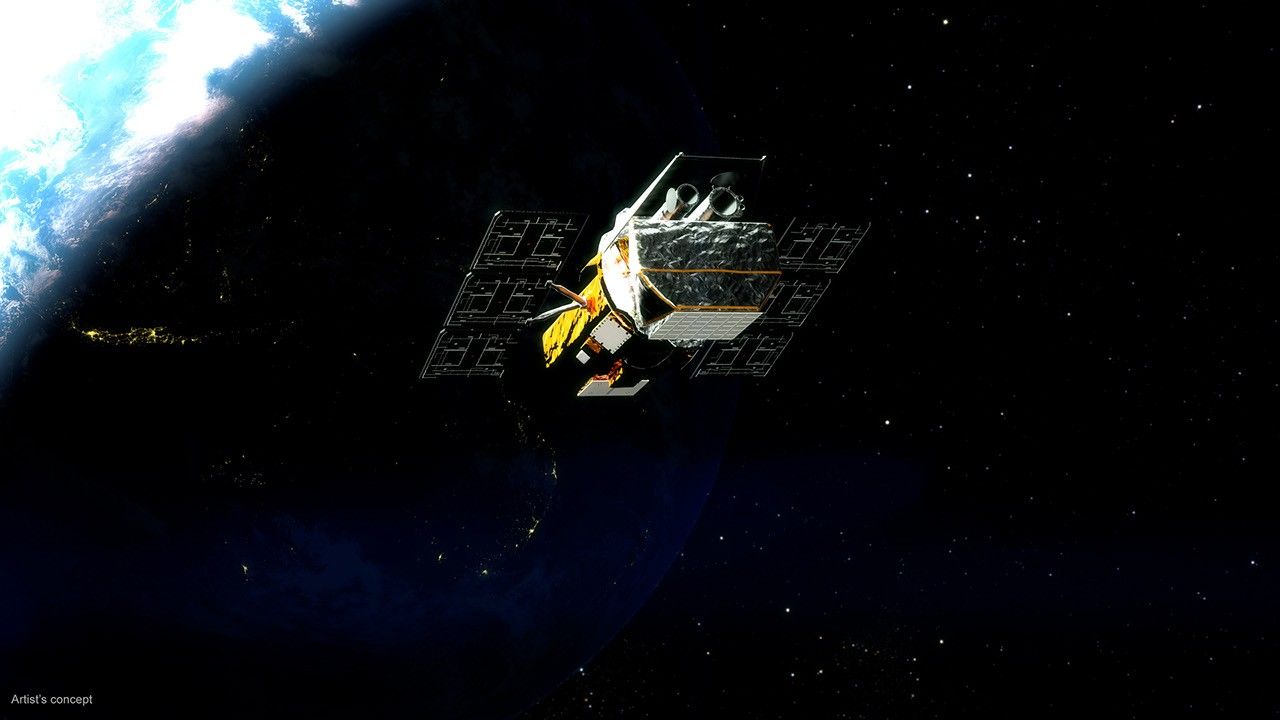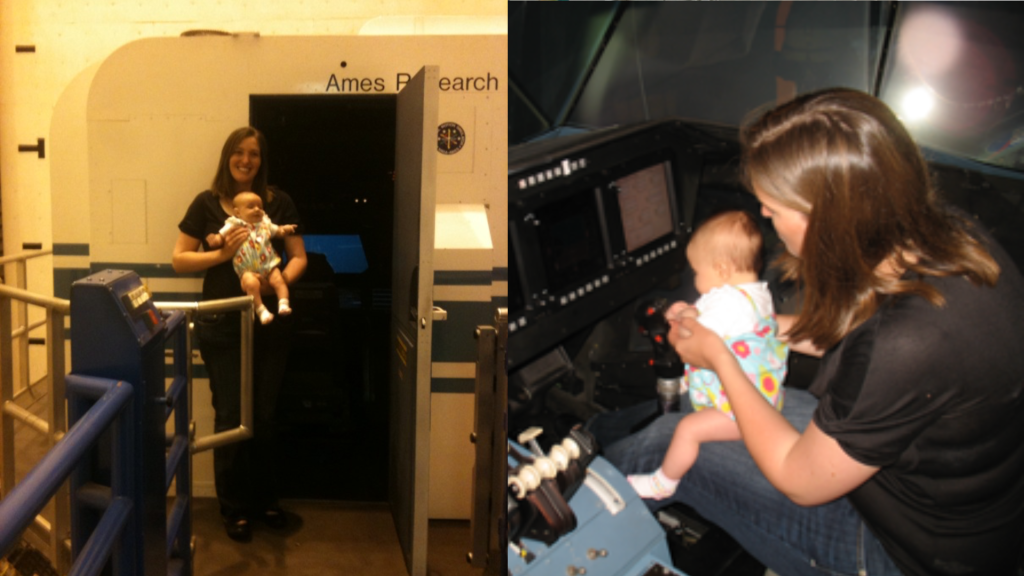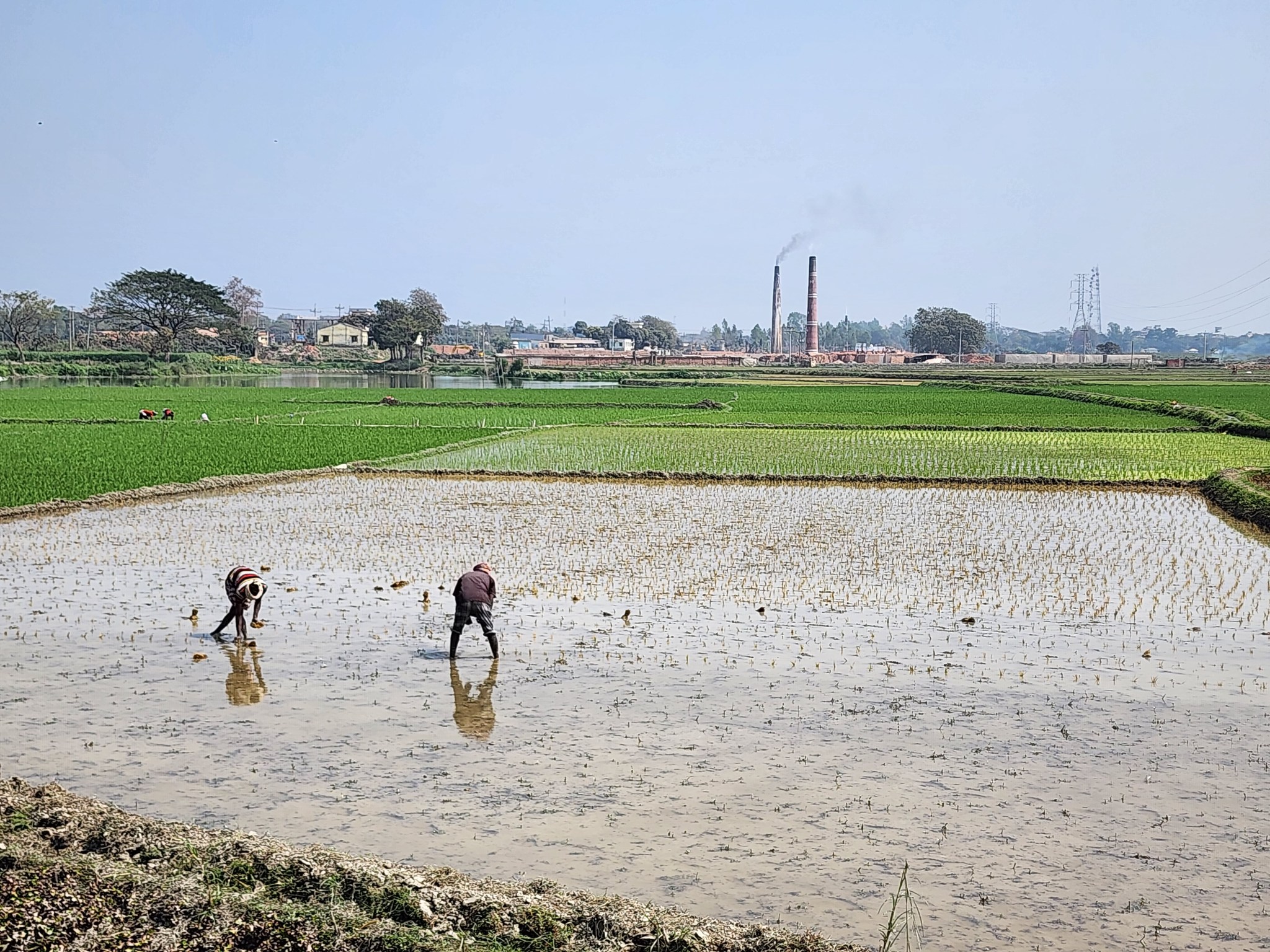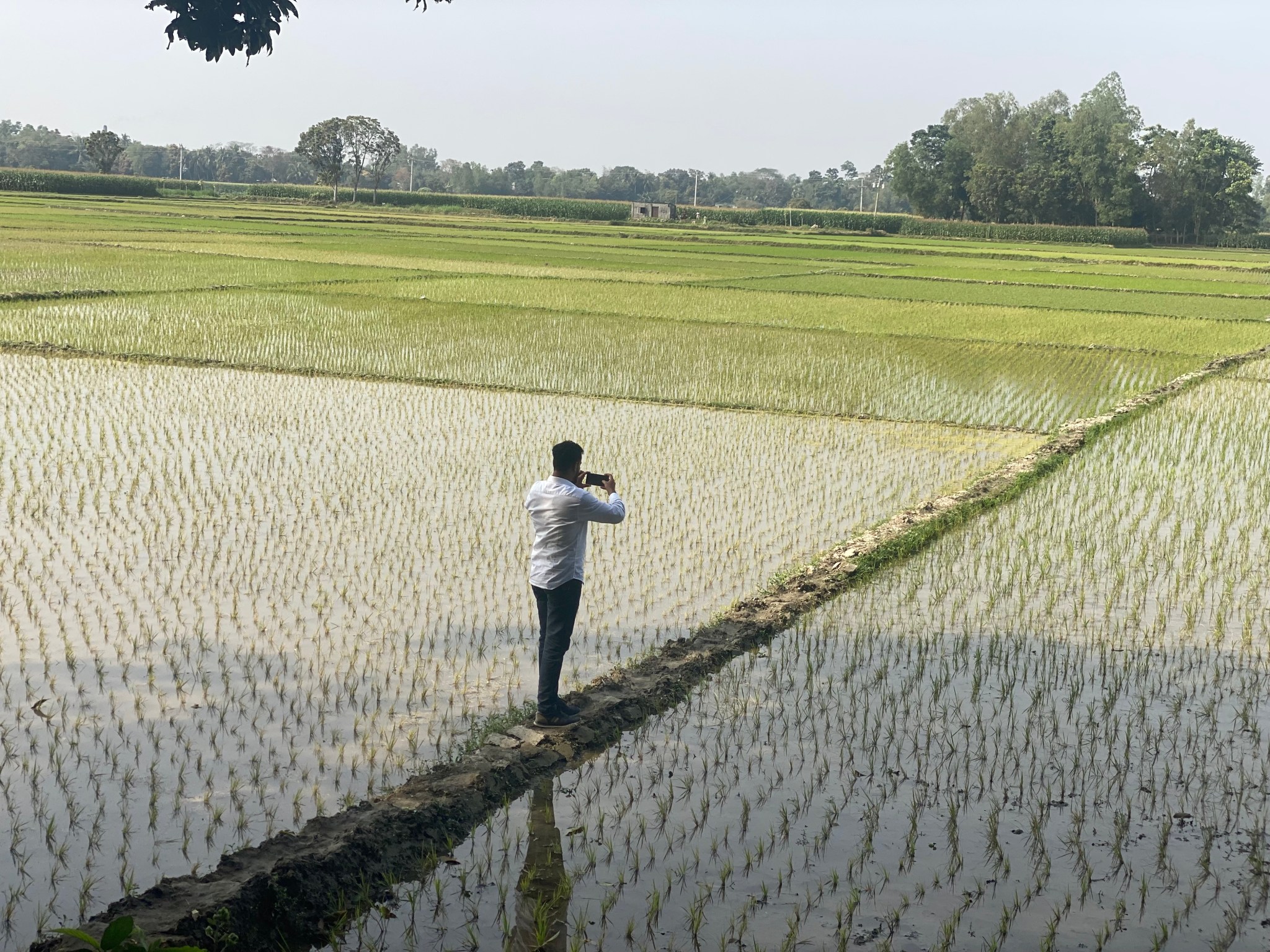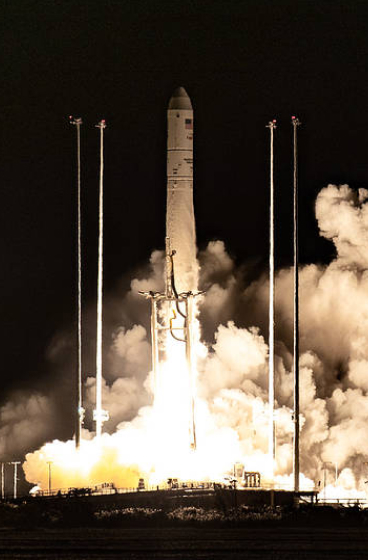NASA and USAID launched SERVIR Hindu Kush Himalaya (HKH) in 2010 in partnership with the International Centre for Integrated Mountain Development (ICIMOD) in Kathmandu, Nepal. The hub was created to address challenges associated with forestry and agriculture and region-wide issues such as land cover change, air quality, glacial melt, and adaptation to climate change.
The mountainous and inaccessible environment earned the region the nickname of “Earth’s third pole.” The region is also known as the “water tower” of Asia because of the vast amount of water stored as ice and snow, providing the region its source to 10 of its largest rivers. Here, the SERVIR team contributes to balanced forest management and assists in reducing the impact of climate change on water, agriculture, and the unique ecosystems of Asia’s towering mountain range.
The International Centre for Integrated Mountain Development (ICIMOD) is a regional intergovernmental learning and knowledge sharing center. SERVIR HKH, as part of ICIMOD, focuses on the following regional member countries of the Hindu Kush Himalayas: Afghanistan, Bangladesh, Myanmar, Nepal and Pakistan. With the increasing influence of globalization and climate change, there is a need for more focus on the stability of these unique mountain ecosystems as well as the livelihoods of mountain people. Both ICIMOD, and SERVIR aim to assist individuals and communities in adapting to these emerging changes towards a more resilient future.





